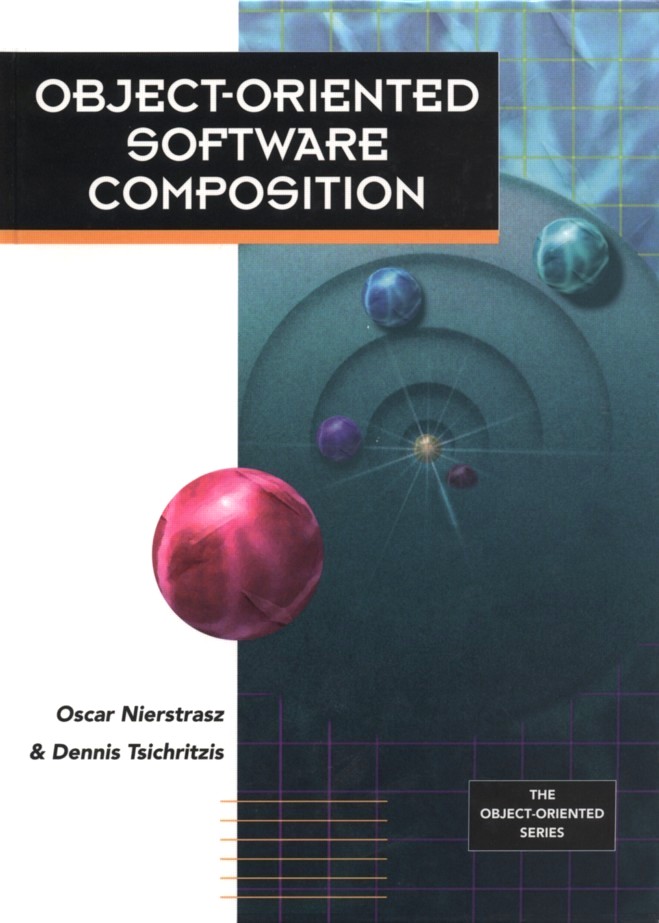
 |
Forewordby Akinori Yonezawa |
The object-oriented programming paradigm has now been firmly accepted in the software community as offering the most powerful and promising technology for software development currently available, and its expressiveness and modelling power have been much appreciated. But, one of the greatest promises it made in its early stage was a dramatic improvement in the ease of software composition and reuse, which is yet to be achieved. (People are sometimes entangled with webs of class hierarchies.) And the research continues.
About ten years ago, Dennis and Oscar, moving from Toronto, founded the Object Systems Group at the University of Geneva, and started a number of research projects to extend the object-oriented paradigm in various ways. It did not take more than a couple of years for the group to become the most active and visible research centre of object-oriented technology in Europe. In the mean time, part of the group became involved in a large ESPRIT project called ITHACA which aimed at producing an application development environment based object-oriented technology. This volume presents, in a written form, the fruits of the group's ten-year research and development, as directed by Dennis' clear philosophy on research and innovation. The group attacked real problems and problems firmly based on reality. Dennis' early career as a recursive function theorist, taught by Alonzo Church in Princeton, also encouraged foundational work in the group, and some chapters in this volume represent it.
"Beyond Objects" was the title of the panel discussion at the European Conference on Object-Oriented Programming (ECOOP'91), which was organized by Oscar Nierstrasz and Dennis Tsichritzis in Geneva in July, 1991. They already had clear visions of where we/they should go from the "Objects" that only partially fulfil the early promise. One of their visions was the "Component-Based" approach for software construction. Future software construction for flexible open application should be performed by composition and configuration of plug-compatible software components that generalize objects, agents and functions. Oscar and Laurent explain this approach in the first chapter of this volume.
Now in the mid 90's, advanced researchers are struggling to go beyond "Objects" in search for better software development approaches. Intelligent Agents, Coordination Languages, Integration of Constraints and Objects, Component-Based Development ... The contributions in this volume offer valuable clues and suggestions to those who wish go beyond "Objects."
Akinori Yonezawa
University of Tokyo, January 1995